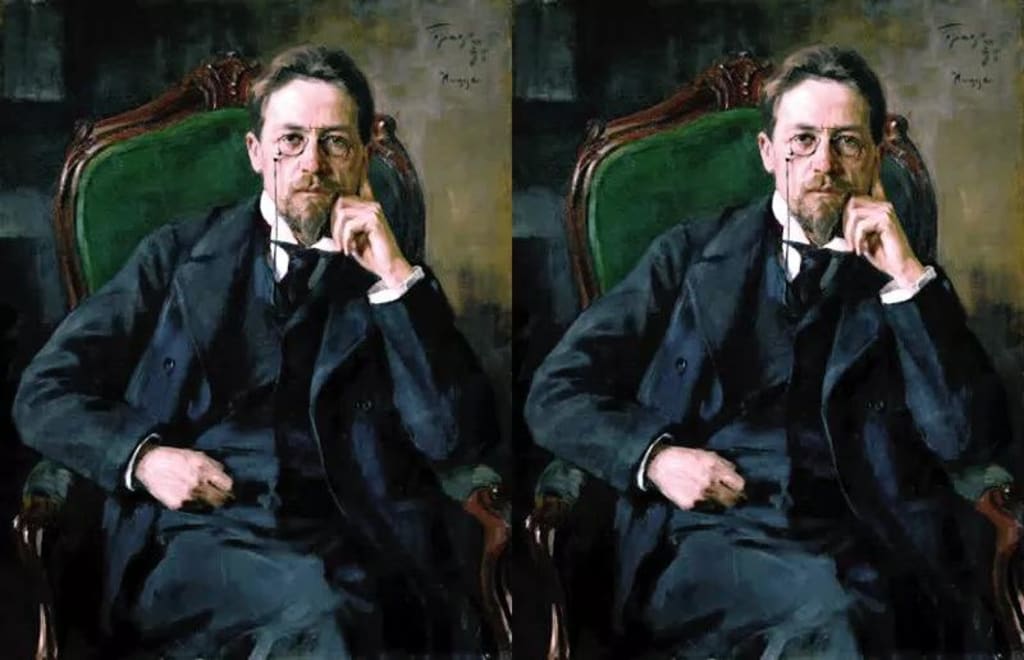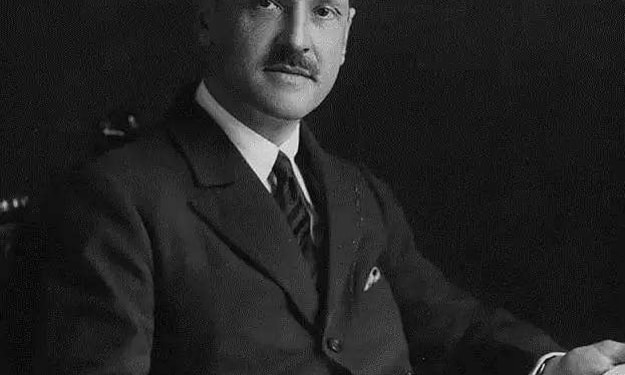The best short story writers in the world
The best short story

Chekhov himself believed that his best novel was "The University Student", which was only three pages long. He was thirty-three years old when he wrote this novel, which, according to tradition, is also the age of Jesus' death. Chekhov, like Shakespeare, can be called neither a believer nor a sceptic; They're all too big to fit into this category. "The College Student" is extremely simple, but beautifully arranged. A young seminarian, cold and hungry, meets two widows on Good Friday, mother and daughter. Warming himself by their fire, he told them how the apostle Peter had denied three times that he knew Jesus, as Jesus had prophesied. When Peter regained his senses, he cried bitterly, and so did the widow mother. As the student left, he pondered the relation between the tears of the apostles and those of the mother, and it seemed to him that they were connected by an unbroken chain. There was a sudden joy in the student's heart, for he felt that truth and beauty were perpetuated and held together by the chain that connected past and present. That's it; At the end of the story, the student's sudden happiness is transformed into an expectation for his future happiness in life. "He was only twenty-two," Chekhov said dryly, perhaps dimly aware that, at thirty-three, he had already lived three-quarters of his life (he died of tuberculosis at forty-four).
Consider the subtle transformation of a student's joy, from a chain of truth and beauty from the past to the present, to a twenty-two year old's expectations of personal happiness that are not impossible. It is Good Friday, and the story within the story is about Jesus and Simon Peter, yet neither joy bears any trace of true faith or salvation. Chekhov, the most subtle dramatic psychologist since Shakespeare himself, wrote a rich lyric about suffering and transformation. Jesus appeared only as the supreme embodiment of the suffering and transformation that Shakespeare (in his own perilous time) so keenly and consistently avoided.
Why did Chekhov devote himself to one short story, rather than dozens that many of his admirers considered far more important and indispensable? I don't have a definitive answer, but I think it's worth pondering. In College Student, there is nothing except the inner life of the main character. What moved Chekhov himself seemed to rise irrationally from the cold and misery of impersonal joy and personal hope, as well as tears of betrayal. (Bloom, How and Why to Read)
He (Bloom) is one of the few critics I recommend to whom I dare not take lightly.
And I didn't take it lightly, and on one occasion I got instant rewards, and that was from how to Read, Why to Read. Chekhov is my favorite novelist, but FOR years I have been confined to reread and reread his later works, especially constance Garnett's translation of "The Chekhov Omnibus." This 600-plus page anthology, edited and edited by Donald Rayfield, contains 18 of Chekhov's later masterpieces. I have not been unread of Chekhov's early novels and his very short ones, but I have always found them far less appealing than his later novellas and near-novellas. But Bloom notes that Chekhov's favorite work was "The University Student," which is only three pages long. I immediately went online and downloaded Garnett's translation of "College Student" to read. I do not know how to describe my moving, I should say, the ascension of my soul, the uprooting of my existence.
My happiness and joy, and college students are exactly the same. I was moved not only by all that was said in the novel, but by the pathos of human suffering; Not only felt in the chain, but also feel the same chain in the literature and art, and thus felt a joy by his grace, and are driven by the joy of feeling can also do something associated with the chain, which is in line with the college students are happy dreams of the future, despite his vision of the picture may not be the same with me.
Later I found out that "The University Student" was included in the Anthology of Chekhov that I often read. That is to say, this collection of novels is not as I originally thought, only includes Chekhov's novellas and nearly novellas. I even suspected that I might have read the novel more than once and forgotten it completely because I didn't feel it. I believe many people have similar reading experience, for example, they often read a poem in a collection of poems, turn a blind eye for a long time, until it is included in a selected book, or others in the article after reminding, only to find it is so good. This is both a blind spot in reading and a sign of reading maturity: a willingness to accept cues from others. Bloom is clearly a master at this. It took him two readings of Pynchon's "The Auction of the Forty-ninth Lot" and three of McCarthy's "Blood Meridian" to get into it. (Huang Canran, A Great Writer's Critic)
About the Creator
Enjoyed the story? Support the Creator.
Subscribe for free to receive all their stories in your feed. You could also pledge your support or give them a one-off tip, letting them know you appreciate their work.





Comments
There are no comments for this story
Be the first to respond and start the conversation.